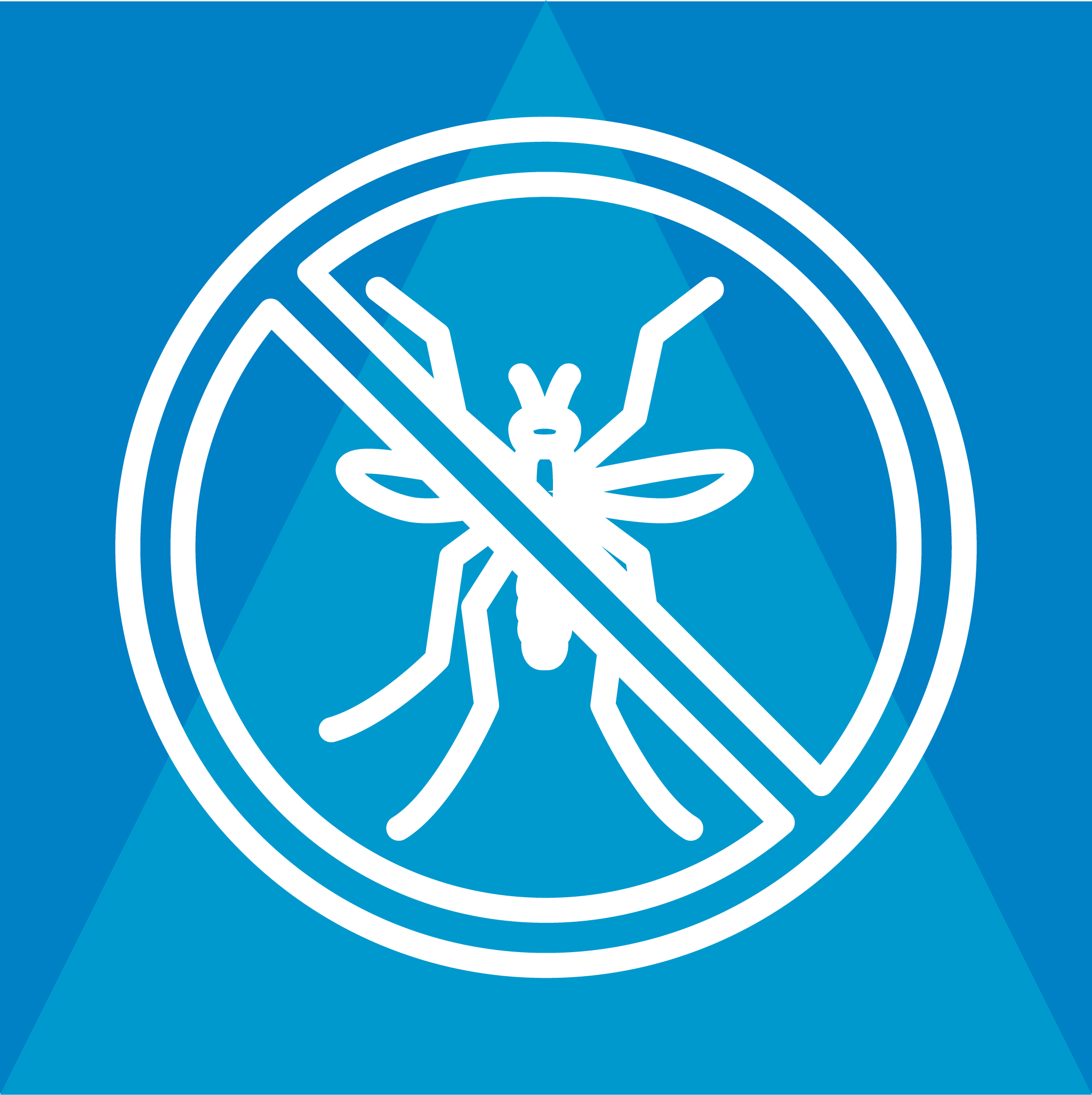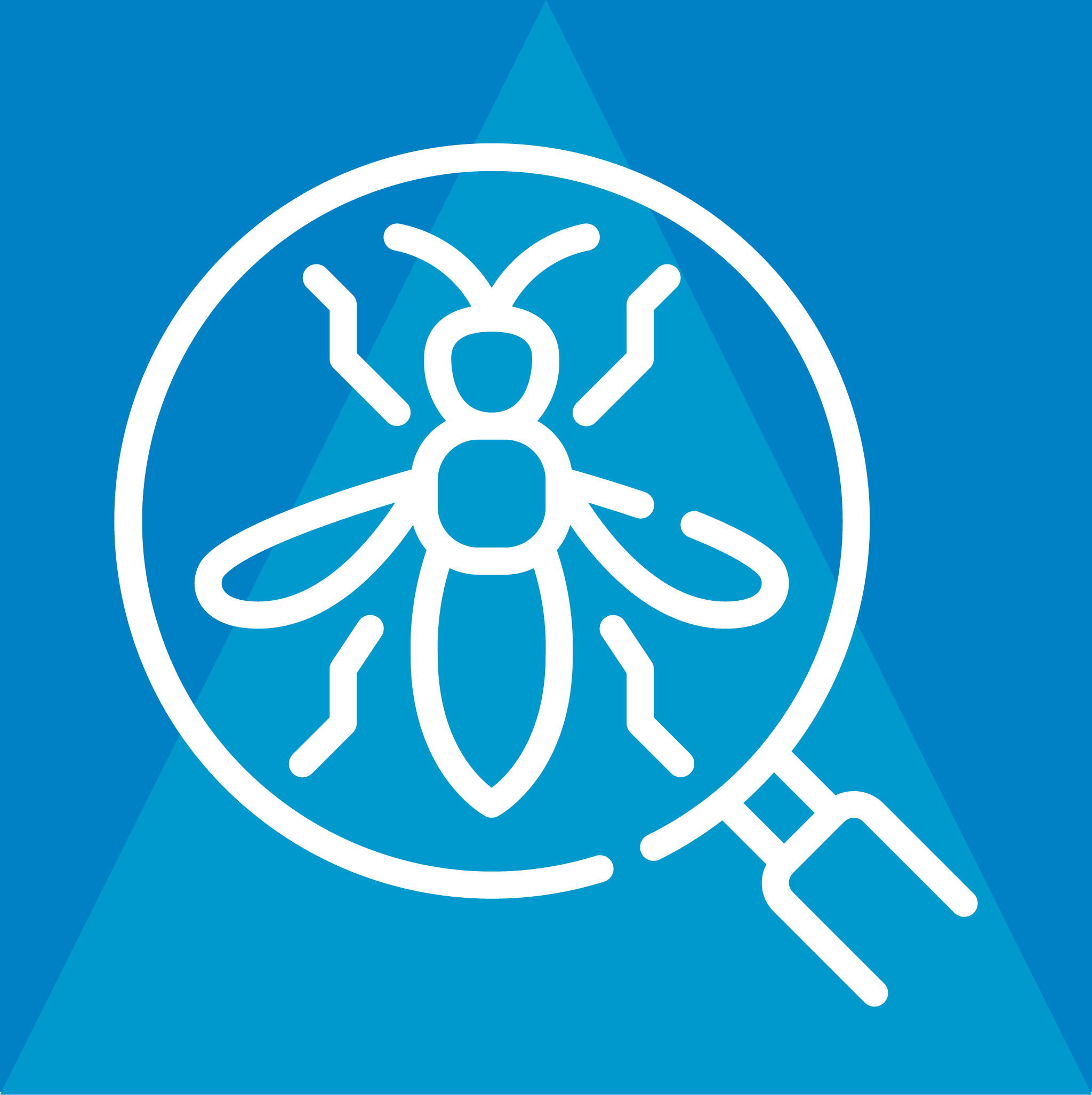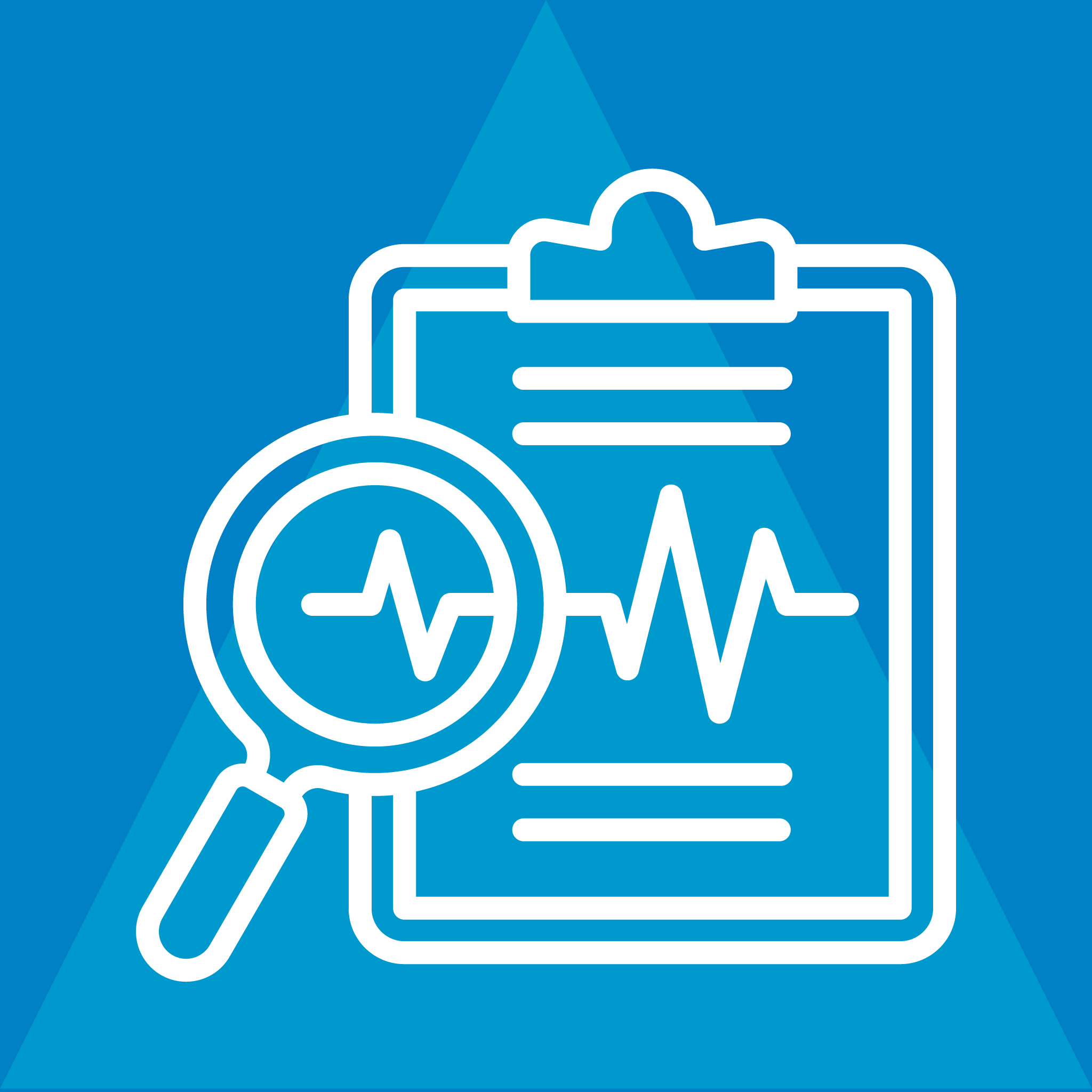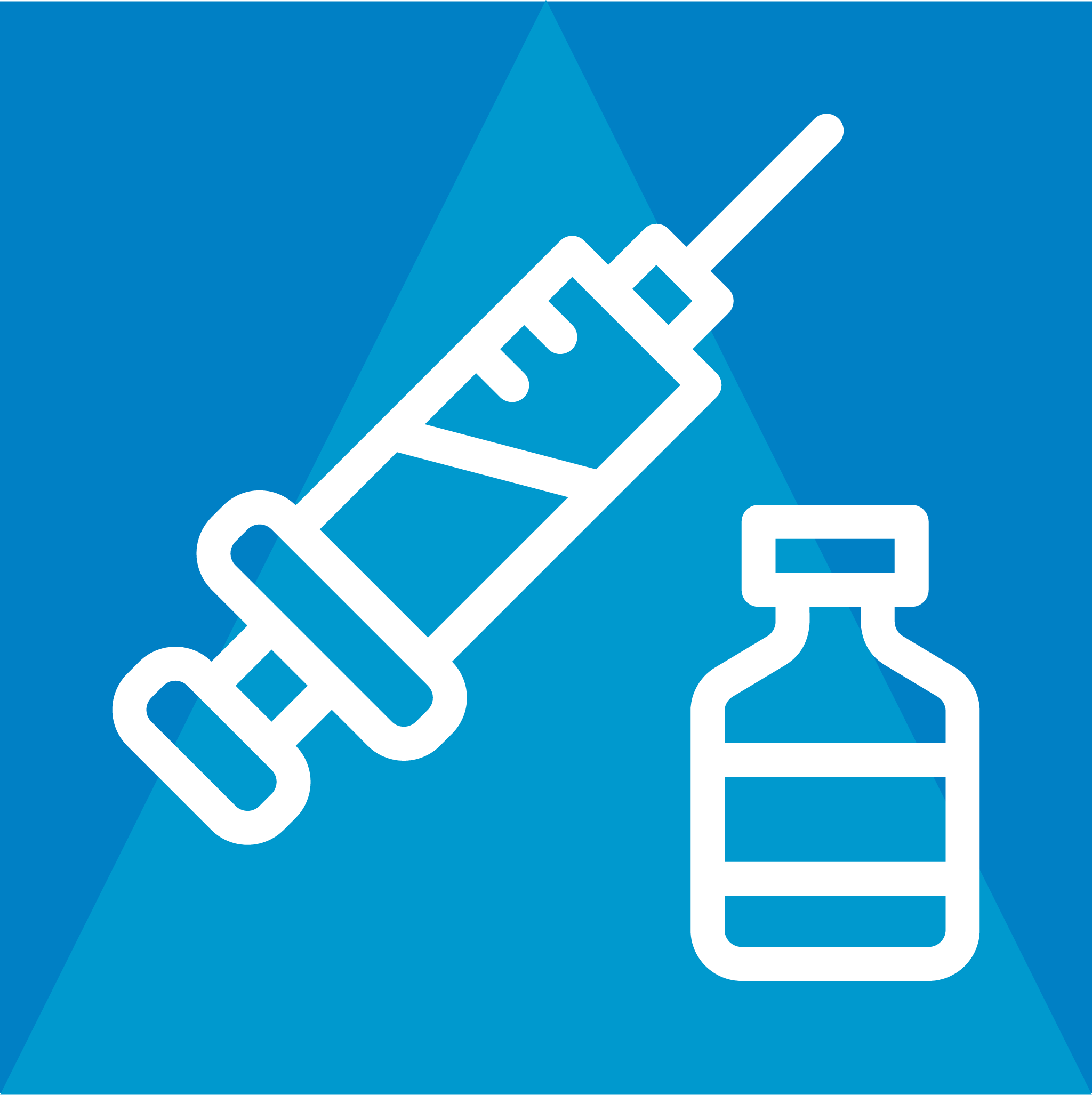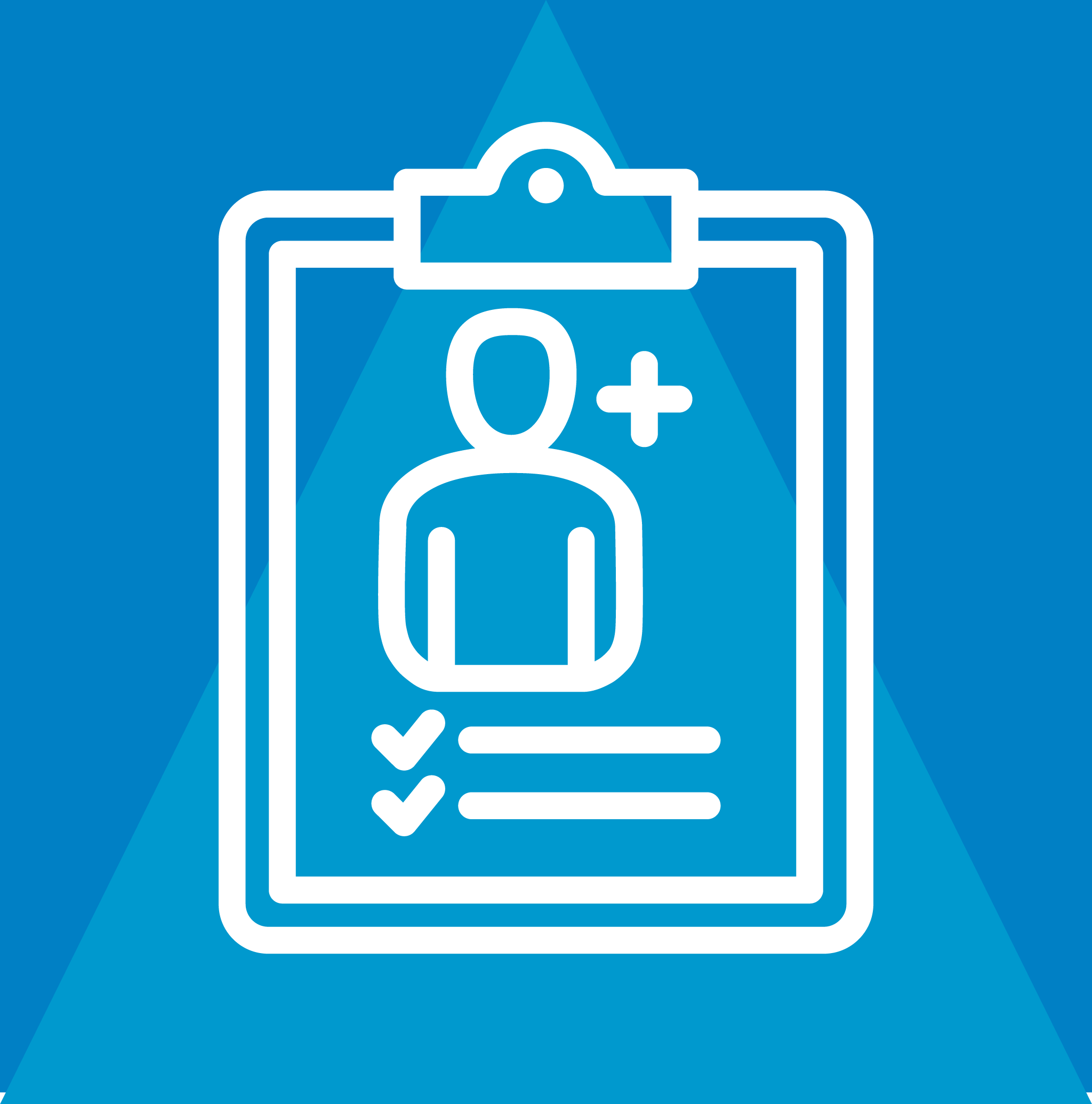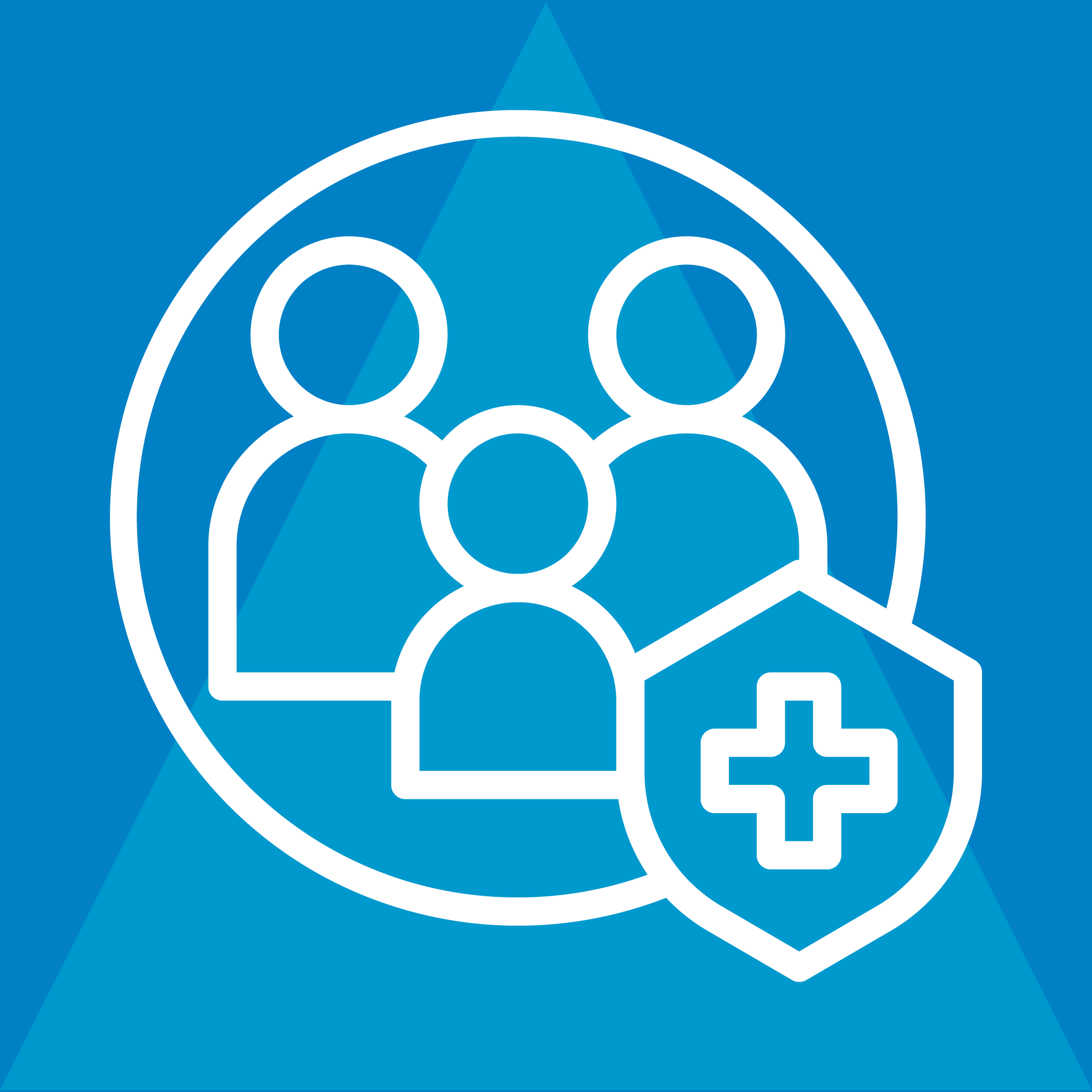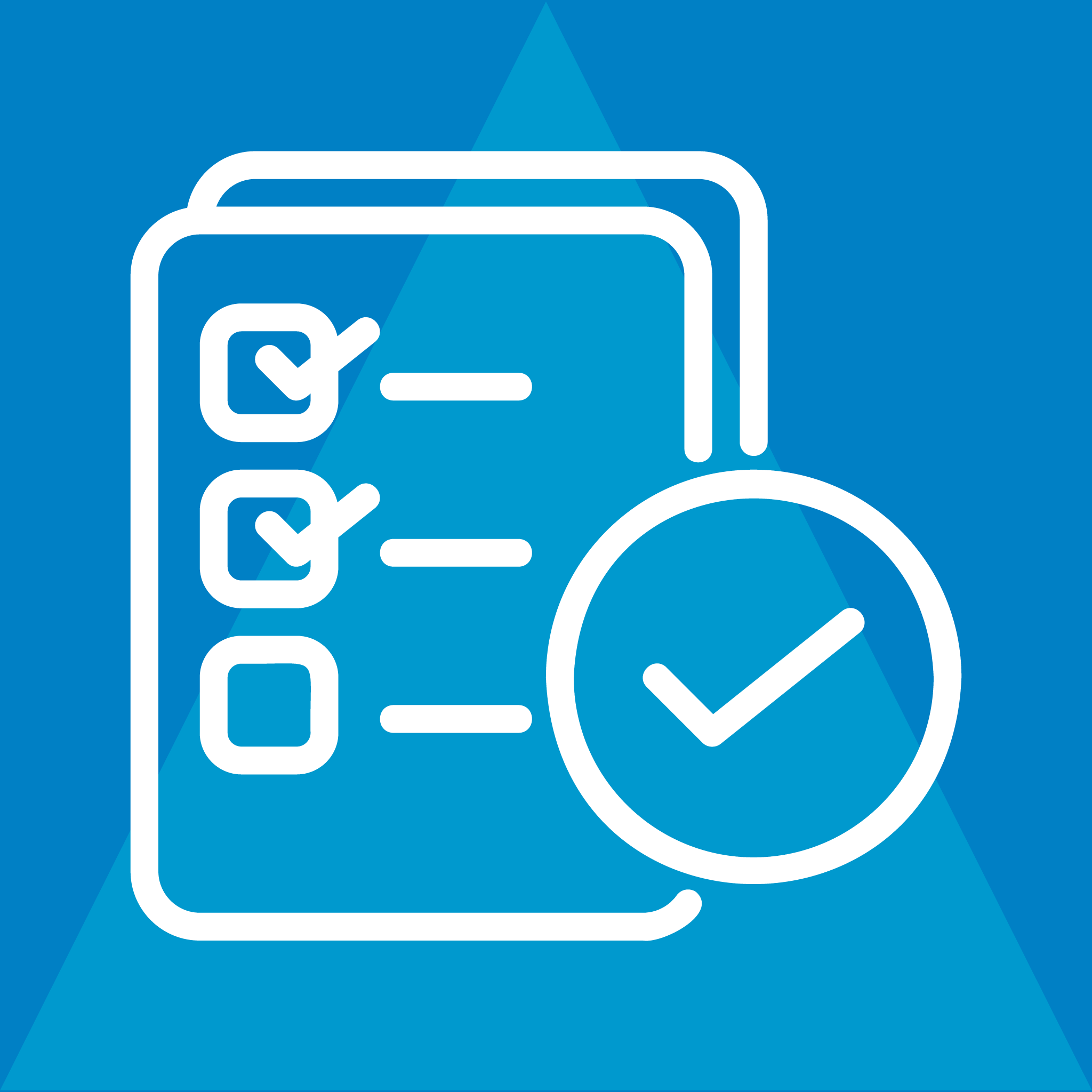In the WHO Southeast Asia region, 10 out of 11 member states
are known to be endemic for dengue virus
Indonesia, Myanmar, and Thailand rank among the world’s 30
most highly endemic countries.
Bangladesh and Thailand have seen significant increases in
dengue cases compared to previous years, with reported cases
reaching 308,167 and 136,655, respectively (as of November 2023).
During this period, the death toll in Bangladesh rose to 1,598,
while in Thailand, it reached 147 deaths.
1. Dengue and severe dengue. Accessed March 20, 2024. https://www.who.int/news-room/fact-sheets/detail/dengue-and-severe-dengue
In 2023, over 500,000 dengue cases and 700 deaths were reported from
8 countries/territories/areas in the WHO Western Pacific Region: Australia,
Cambodia, China, Laos, Malaysia, Philippines, Singapore, and Vietnam
The Philippines and Vietnam are the most affected,
reporting 167,355 cases and 575 deaths, and 149,577 cases and 36 deaths,
respectively (as of December 2023).








